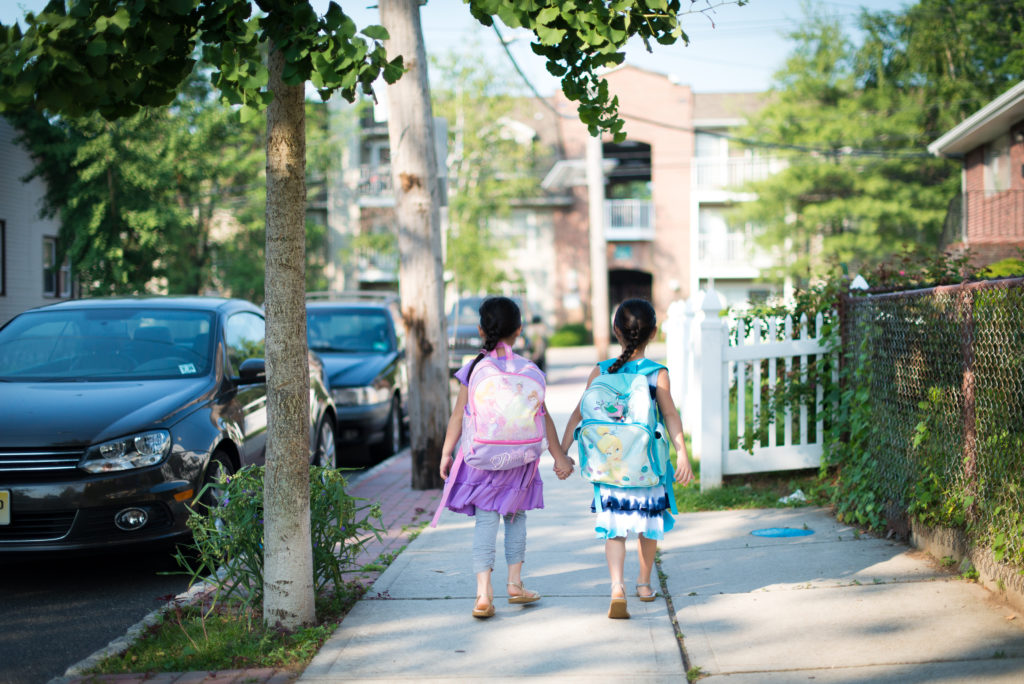Last Friday, a U.S. District Court ruled that the Trump Administration’s proposed regulation seeking to end the longstanding Flores Settlement Agreement was inconsistent with the decades-old court settlement and would have allowed for the indefinite detention of migrant families.
The agreement, which went into effect on January 28, 1997, set a nationwide policy for the detention, treatment, and release of minors in U.S. immigration custody. The long-standing protections established under Flores stemmed from several lawsuits filed over the mistreatment of unaccompanied children in the care of the U.S. government in the 1980s and required by the U.S. Supreme Court and the Ninth Circuit to ensure that the federal government does not violate the U.S. Constitution’s basic human rights protections for children in immigration custody.
Originally established to protect children who arrived at the border without their parents, the agreement was later expanded to include children who arrived with a parent(s) or legal guardian(s). It established protections and parameters for the detention, care, and release of children to ensure that minors are held in appropriate conditions and not detained for more than 20 days. Among other provisions, Flores requires the federal government to (1) place children with a close relative or family friend “without unnecessary delay” rather than keeping them in custody; and (2) keep immigrant children who are in custody in the “least restrictive conditions” possible and provided with basic necessities.
The Trump Administration proposed rule sought to lay the groundwork for the indefinite incarceration of immigrant children and families, yet research has consistently documented that immigration detention harms children’s health and well-being. The stress of detention can harm a child’s developing brain and is associated with psychological distress and short-term symptoms including eating difficulties, somatic complaints, and sleep problems, and long-term health consequences including developmental delays, post-traumatic stress disorder, anxiety, depression, suicidal ideation, and behavioral problems. Detention, even for brief periods of time, can also have adverse consequences for the health and wellbeing of parents. In 2016, the Department of Homeland Security’s own Advisory Committee on Family Residential Centers concluded that “detention is generally neither appropriate nor necessary for families—and that detention or the separation of families for purposes of immigration enforcement or management are never in the best interest of children.”
Friday’s ruling halted the Trump Administration’s efforts to dramatically expand the number of detention centers that are eligible to hold families, leading to more children and their families being held in detention; longer stays for families detained together; purging basic human rights standards including where and how children and families are housed and what they are fed; and weakening protections for unaccompanied children.
The proposed rule is just a part of a broader, intentional and systematic effort to undermine the well-being of immigrant children and families, and to strip basic constitutional protections for those in U.S. immigration custody. Back in June, the Trump Administration announced that it planned to halt funding for educational services, legal services, and recreation for unaccompanied children living in migrant shelters run by the Department of Health and Human Service’s Office of Refugee Resettlement (ORR). These shelters are legally obligated to maintain minimum standards in detention—such as providing basic necessities like food, water, and access to medical care, educational and recreational activities, as well as information about available legal services under the terms of the Flores Settlement Agreement.
The Administration is certain to appeal the ruling and to continue to skirt its legal and moral obligations to ensure that immigrant children and families have access to the protections, supports, and services they need to heal and grow. In the meantime, Flores stays in effect to ensure that our government is accountable for the humane treatment of immigrant children and families in U.S. immigration custody, and adheres to its responsibility to protect their health and wellbeing.
Ultimately, ensuring that all families have what they need to succeed will not only benefit those families, but it will enrich our culture, our economy, and our society. For recommendations on a path forward, see our Framework for an Equitable Immigration System that Protects and Promotes the Well-Being of Families.
